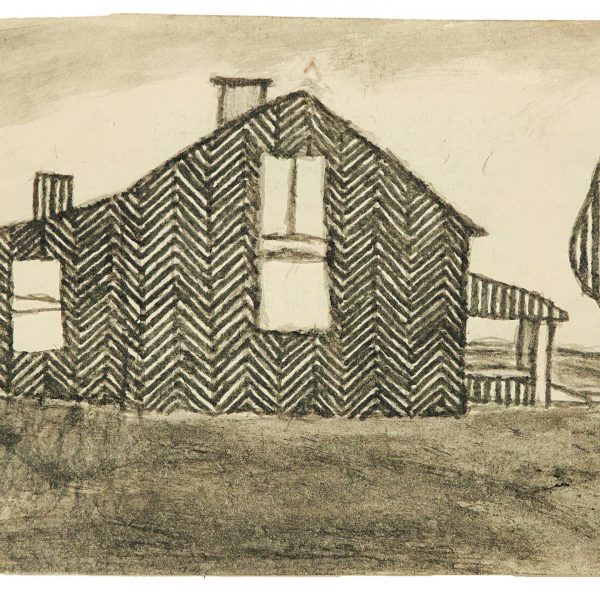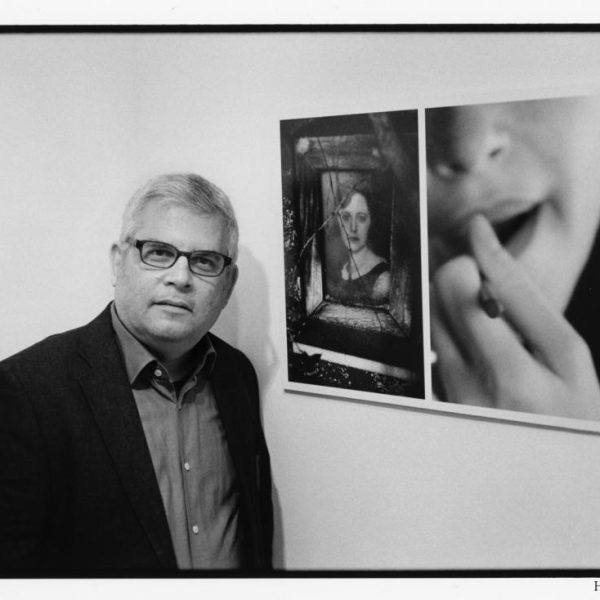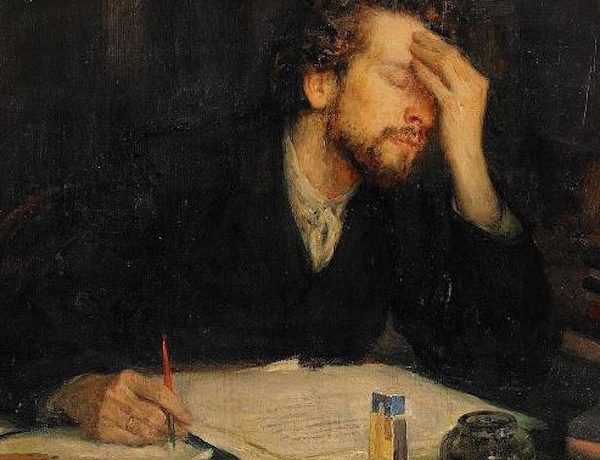A Conversation with the Late Elisabeth Young-Bruehl on Childism
 With heavy hearts and minds, we said good-bye to Elisabeth Young-Bruehl at the beginning of December, who, over her career as a psychoanalyst, writer, biographer, and philosopher, contributed immensely to our understanding of humanity and modern social conscience. In the Chronicle Review, Peter Monaghan wrote a poignant tribute to her life and culmination of her career’s work in her last book Childism: Confronting Prejudice Against Children, posthumously published at the beginning of the month. The book has found its moment, creating a “clarion call for urgent action” among those most affected by the treatment of children—social workers, psychologists, pediatricians, and of course, parents. Headlines about spanking-related deaths and autistic children stuffed into duffel bags have only fueled the need for this timely address of prejudice and child welfare.
With heavy hearts and minds, we said good-bye to Elisabeth Young-Bruehl at the beginning of December, who, over her career as a psychoanalyst, writer, biographer, and philosopher, contributed immensely to our understanding of humanity and modern social conscience. In the Chronicle Review, Peter Monaghan wrote a poignant tribute to her life and culmination of her career’s work in her last book Childism: Confronting Prejudice Against Children, posthumously published at the beginning of the month. The book has found its moment, creating a “clarion call for urgent action” among those most affected by the treatment of children—social workers, psychologists, pediatricians, and of course, parents. Headlines about spanking-related deaths and autistic children stuffed into duffel bags have only fueled the need for this timely address of prejudice and child welfare.
Upon completion of the book last fall, we had the chance to interview Young-Bruehl on the main issues presented in the book, and how “childism” is positioned in current discourse about child abuse and related policy decisions affecting our understanding of children as a group that are discriminated against like any other.
Yale University Press: Why are you proposing that we need the word and concept “childism”?
Elisabeth Young-Bruehl: The history of the word “sexism,” coined in 1965, shows how important it was to put under the same conceptual umbrella different acts, attitudes, and institutions that targeted women as a group. If you understand that domestic violence against women and wage discrimination against women are similarly rationalized or legitimated by a prejudice—sexism—you can develop ways to explore the prejudice and resist it. Without a synthesizing concept, you do not see that child poverty and child abuse are both rooted in and rationalized by prejudice against children.
YUP: Does prejudice against children—childism—operate like sexism?
 EY-B: All prejudices are rationalizations of actions. Prejudiced people think that their actions against a target group are right, necessary, normal. But not all prejudices are alike, nor are all prejudiced people alike—there is no “prejudiced personality.” In this book I argue that there are three basic forms of prejudices. Basically, people want to get rid of the members of a group; manipulate them into being servants; or erase their identities. The forms are usually to some degree intermixed, but sexism is fundamentally of the third form. Childism, on the other hand, comes in all three forms. This is one reason why it has been so hard to pinpoint.
EY-B: All prejudices are rationalizations of actions. Prejudiced people think that their actions against a target group are right, necessary, normal. But not all prejudices are alike, nor are all prejudiced people alike—there is no “prejudiced personality.” In this book I argue that there are three basic forms of prejudices. Basically, people want to get rid of the members of a group; manipulate them into being servants; or erase their identities. The forms are usually to some degree intermixed, but sexism is fundamentally of the third form. Childism, on the other hand, comes in all three forms. This is one reason why it has been so hard to pinpoint.
YUP: Childism focuses in many different ways on “child abuse and neglect”—why is that?
EY-B: First, abused and neglected children come, as children or as adults, into therapy situations where they can feel safe enough to tell their stories and talk about how they understand their abusers. Understanding their abusers’ motivations is crucial to them; they take a listener right to the topic and to how they have internalized the abusers’ motivations. They need to be cured of their internalizations as much as they need to be helped with external conditions that disrupt their growth and development. But—and this is the second reason—the field of Child Abuse and Neglect was, from its inception in the 1960s, set up in such a way, I believe, that it could not hear the experiences of abused and neglected children. It was focused on the types of acts they suffered—physical abuse, neglect, sexual abuse, and emotional abuse—and children were classified by these types of acts. Treatment and prevention strategies are organized around these types of acts to this day. This has been very harmful for children. It matters how you think about children! Just as it matters how you raise them, and sponsor their growth and development—or fail to.
YUP: You are Anna Freud’s biographer—is this is an Anna Freudian book?
EY-B: I use many of Anna Freud’s key insights, particularly those she came to when she directed a children’s residential nursery in London during the Blitz. The children she cared for were traumatized, and they had a good deal to say about what they experienced. The Best Interests of the Child, the book Anna Freud wrote late in her long life, with two colleagues from the Yale Child Study Center, was designed to teach lawyers and judges how to listen to children in the course of trials—custody trials, abuse trials. Clearly, she was writing about childism, how to recognize it and how to prevent it. I take her wisdom as a model. But I am writing for all who are concerned with children’s well-being—in diverse professions, in policy-making positions, but also as parents.
Elisabeth Young-Bruehl was a psychoanalyst and the award-winning author of Hannah Arendt: For Love of the World, Anna Freud: A Biography, and Why Arendt Matters, all published by Yale University Press. Her last book Childism is available now.



